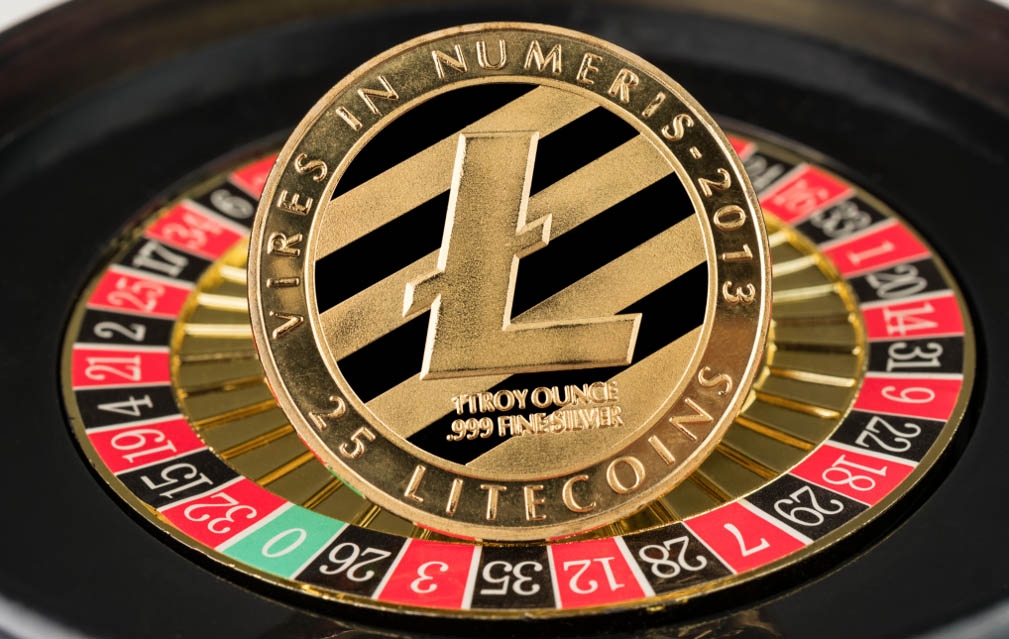
What are the benefits of Decentralized Finance?
DeFi constitutes a death spell placed on traditional financial institutions and similar middlemen. This is why several of these institutions are kicking so much against it. Simply put, DeFi is the death of traditional investment and banking!
The opposite of decentralized finance is centralized finance. The latter refers to all the traditional ways of engaging in financial dealings and is, in many ways, the direct opposite of the former.
Decentralized finance is a recent innovation whose impact extends to far-flung fields in modern-day finance and investment. It’s a new way of earning passive income. And, better still, it’s not in the hands of any stock exchange or body that formulates policies and regulates investment.
But, where DeFi truly excels is at how much added potential it brings to the blockchain.
Decentralized finance (DeFi) created a monumental breakthrough in the ways crypto assets and cryptocurrencies can be utilized, with applications like yield farming, staking, borrowing, and lending, and DeFi exchanges existing only on blockchains not applicable to fiat currencies or assets.
Read on to discover some of the benefits associated with decentralized finance.
DeFi
Before delving into the numerous benefits of decentralized finance, understanding what is DeFi is important. In the world of finance, adaptations of blockchain and its technology only gained significance from the surge and popularity of Decentralized finance.
Decentralized finance, popularly known by its acronym DeFi, refers to the various blockchain-based applications aimed at facilitating the deviation from conventional and centralized financial institutions, services, and systems to peer-to-peer monetary substitutes.
The decentralized finance ecosystem has set an extensive network of financial instruments and protocols ranging from tokenized cryptocurrency, crypto trading, storage, staking, and yield farming platforms to online remittance and payments.
DeFi aims at revolutionizing the cryptocurrency trading and finance world by granting users total control over their assets and eradicating any financial middleman or intermediary.
The contemporary financial infrastructure exists on a centralized system governed by central intermediaries, authorities, and institutions like a "central bank", whereas, DeFi runs on the decentralized infrastructure of the blockchain, predominantly Ethereum's.
Decentralized finance platforms and protocols launched by developers have the undeniable advantage of running precisely as they've been programmed due to smart contracts and are available to anybody connected to the Internet.
Benefits of Decentralized Finance
Decentralized finance boosts transparency, growth opportunities, and financial security while unlocking opportunities for increased liquidity and investments by leveraging vital properties of the Ethereum blockchain.
While its elimination of financial middlemen and the type of centralized governance that comes with them is one of the critical benefits of the decentralized finance movement, there are other noteworthy advantages to DeFi.
Here are some notable benefits of decentralized finance:
Permissionless
The word "decentralized" is the most distinguishing factor representing the identity of Decentralized finance as a whole.
Contrary to conventional finance systems, Decentralized finance is accessible to anybody with an internet connection and a cryptocurrency wallet, irrespective of their global location.
Users have access to decentralized finance applications on the blockchain, usually without any minimum funds requirement.
As one of the primary principles of blockchain, decentralization helps to decrease our dependence on corporations for server space, oversight, data storage, and other factors.
Decentralized Finance successfully utilizes blockchain technology to ensure financial services are available and easily accessible to everybody.
Most decentralized finance applications run on the Ethereum blockchain, being second only to Bitcoin as the most extensive blockchain protocol, and is the leading network for smart contracts development. Its permissionless nature makes it the preferred platform for using or building a DeFi app or negotiating with third parties.
Immutability
Immutability makes it essentially impossible for records on the blockchain to be manipulated by anyone. Blockchain technology attains perfect immutability by cleverly utilizing cryptography and proof-of-work consensus algorithms.
Amongst other decentralization features, the tamper-proof data integration across a decentralized blockchain framework promises increased assurance of audibility and security against fraudulent transactions and bad actors.
Programmable
Decentralized finance uses smart contracts to execute financial transactions and create digital assets automatically, and financial instruments are another remarkable benefit.
Smart contracts are programmable transaction protocols or computer programs designed to document, execute or control financial transactions automatically and legal events as soon as the term in the agreement or contract is met.
When smart contracts are implemented, each participant of that transaction or agreement is immediately assured of the outcome, without any time loss or involvement from an intermediary.
Smart contracts can also be used to automate a workflow, with the following actions triggering once the predetermined conditions are met.
Transparency
Although the guarantee of increased security immutability brought across the DeFi space is a crucial requirement, the superior transparency of decentralized finance is one of its notable benefits.
The cryptographic ethics grounding the blockchain ensures that the information will be recorded only after its legitimacy has been validated.
This transparency of decentralized finance applications proves to be a game-changer for customers of decentralized finance, as it helps them detect and evade dangerous business practices and probable financial scams.
Transparency also ensures every user has access to the network activities and opportunities for data analysis. All decentralized finance protocols running on the Ethereum blockchain are built with open source codes available for auditing, building upon or viewing by anyone.
Self-Custody
Customers of decentralized finance, its applications and protocols have the advantage of keeping custody of their crypto assets and currencies as well as having total control of their private data when interacting with permissionless protocols and applications through the use of Web3 wallets.
Cost-Effective
Utilizing decentralized finance and blockchain as technical infrastructure allows for relatively low-cost transactions, speedy transaction processing time and contract automation.
Peer-to-peer Applications
Decentralized finance has significantly fostered the development of peer-to-peer solutions such as borrowing and lending. These solutions proffer considerable advantages for end-users while also assuring customers of smart contracts Integration.
The integration of smart contracts in DeFi applications eliminates the financial intermediaries usually responsible for verification during a transaction. Additionally, it also verified the processes involved in borrowing and lending transactions.
Tokenization
Tokenization is one of the significant benefits of decentralized finance, and this article will not be complete without mentioning it. Tokenization, one of the most critical topics in the blockchain space, emerged from the Ethereum boom a couple of years ago.
Cryptocurrency tokens function as virtual assets present on the blockchain and other different uses and features. Native utility tokens for specific decentralized applications and security tokens are examples of tokens.
Each token can help you accomplish different functionalities. On the one hand, a security token in specific applications could effectively serve as digital shares, while a real estate token could facilitate your fractional ownership of a physical property.
Tokenization could better expose users of DeFi to several other digital and physical assets, including fiat and digital currencies, gold or even oil.
Conclusion
To effectively determine the worth of Decentralized finance today, one needs to only look at the abundant benefits of Decentralized finance.
DeFi is definitely on track in transforming the traditional standards for financial services and fostering the continuous application of blockchain in the finance sector.
Photo: iStock













